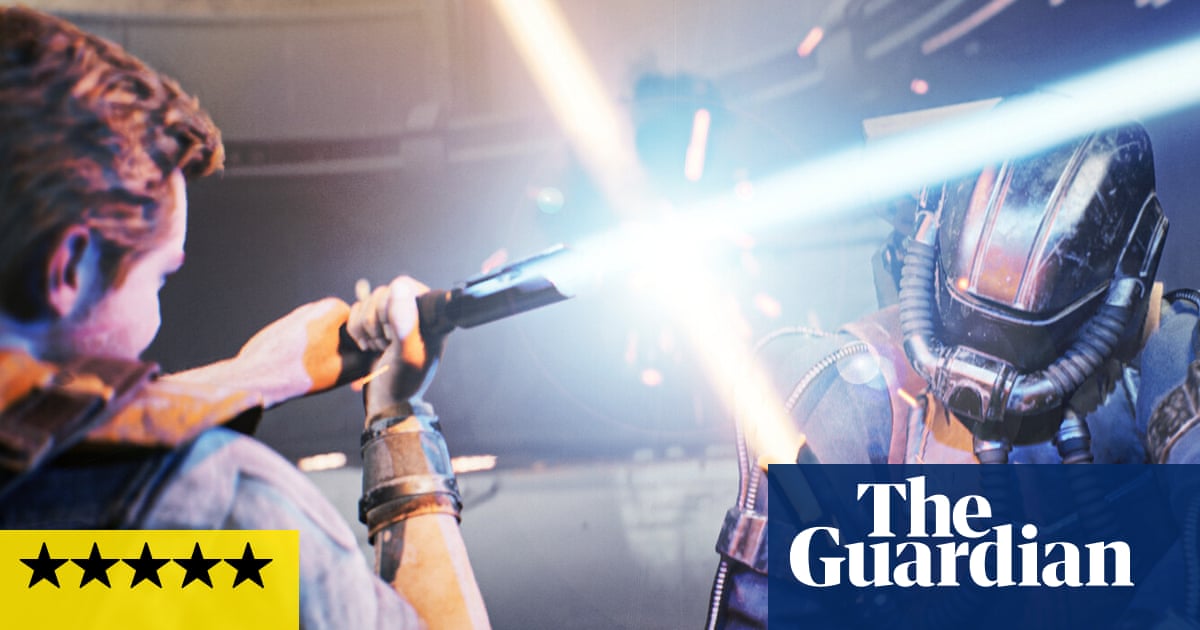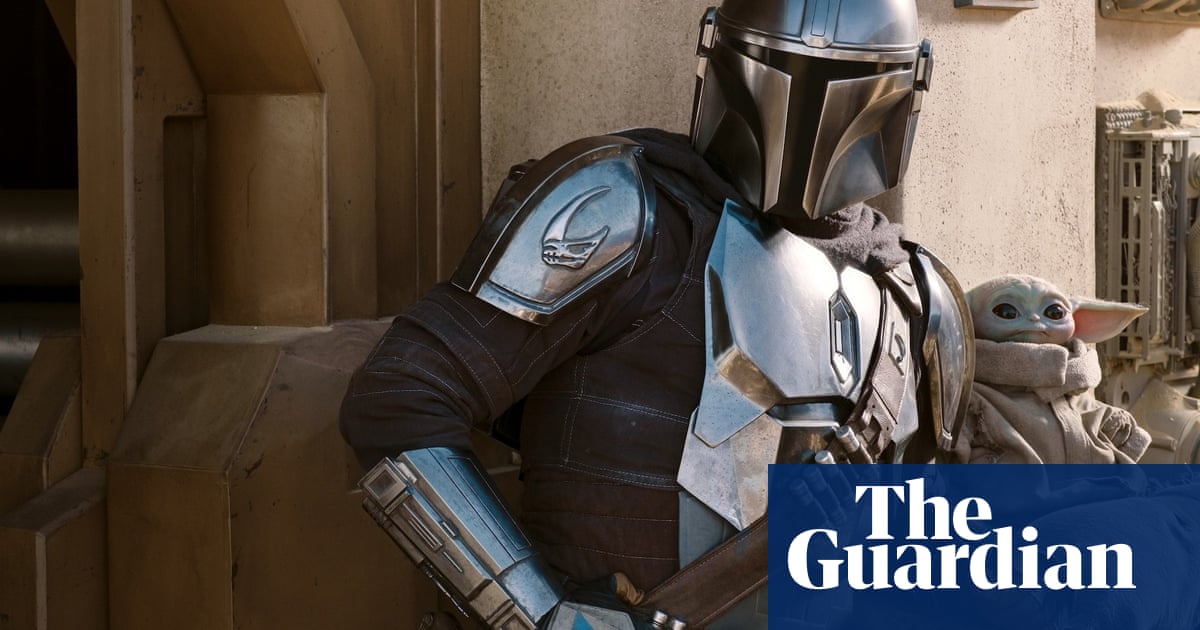
When word of mouth spreads about a new streaming show, viewers tend to tell each other not how many episodes are in the season, but how many you have to watch before the thing gets good. In the case of Andor (Disney+), the latest addition to the Star Wars TV universe, the magic number is three.
In its third instalment, Andor finally becomes the gritty, kinetic spy thriller it has been billed as, after a surfeit of thoughtful world-building. Thankfully, somebody at Disney+ has their head screwed on, because Andor has debuted with a triple bill. Make it through that opening marathon and you have what’s shaping up to be the best Star Wars show since The Mandalorian.
This is a prequel to the movie Rogue One, which was a prequel to the Star Wars film A New Hope. In Rogue One, Cassian Andor (Diego Luna) is a top intelligence agent for the Rebel Alliance as they plan to attack the Death Star. As Andor begins, it’s five years earlier and Cassian – still played by Luna – is merely a thief who likes to liberate Galactic Empire spaceship parts. When he recklessly leaves his home planet of Ferrix to visit Morlana One, a corporatised hellscape, he ends up as a wanted man who can stay under the political radar no longer.
At some length – every scene takes four minutes to say something that could have been wrapped up in two; even the opening bit where ANDOR fades up in the cool Star Wars font goes on for 35 seconds – we familiarise ourselves with Cassian, the lone wheeler-dealer whose ducking and diving frustrate his adoptive mother, Maarva (Fiona Shaw, hurrah), faithful robot companion B2EMO and Cassian’s lost love, headstrong mechanic Bix Caleen (Adria Arjona).
Showrunner Tony Gilroy – best known for scripting Jason Bourne movies, which makes Andor’s initial sluggishness a surprise – has expressed the admirable intention not to burden Andor with “fan service”: in other words, the references and backstory gap-plugs that genre experts like to sift through. The comforting nostalgia of the most recent Star Wars series, Obi-Wan Kenobi, has been replaced with something gnarlier. This has more dirt under its nails and colder blood in its veins. Those first two episodes are almost all atmosphere, but they evoke a convincingly shadowy dystopia.
Andor does, however, uphold at least one beloved tradition of the franchise, which is to cast sturdy British character actors in slyly funny supporting roles. There’s Ron Cook as a chatterbox on a rickety local bus, Gary Beadle as an authority-fearing bandit, and Kieran O’Brien as a grumpy scrapyard proprietor. Now it’s Alex Ferns, his stock risen since his memorably nude turn in Chernobyl, as a bustling soldier, concerned that the plebs are about to revolt: “It’s fomenting out there! Pockets are fomenting!”
Most delicious is Rupert Vansittart, a serial embodier of cynical senior management types. Here, he’s a guy who is high up in Morlana One security, telling an underling that pursuing Cassian isn’t worth the hassle. But the underling is Syril Karn (Kyle Soller), who sees the case as his chance to ascend to the rank he believes he deserves. A pedant who has had his uniform re-tailored to expunge any slackness, Karn is not going to rest until he brings Cassian to heel.
Soller is perfect as the sort of seething inadequate a fascist movement needs plenty of if it’s not to become understaffed, and, although Star Wars is always about ragtag rebels getting one over on pitiless authoritarians, Andor promises to be more direct, and perhaps more timely, than most franchise stories in its portrayal of oppressed people being pushed too far. Admittedly, the show doesn’t really come alive until the eventual arrival of Stellan Skarsgård as Luthen Rael, a charismatic visionary – but those early scenes, ponderous though they are, sketch out schisms among ordinary folk living under the cosh. While others on Ferrix melt and betray their loved ones, Bix and wily old activist Maarva are solid comrades, holding the line at home. Andor’s earthy wisdom extends to more general observations, too, such as the explicit identification of rampant commercialism as a key component of the malign force that is about to reach tipping point.
Such theorising can’t sustain a Star Wars show on its own, which is why it’s such a relief when Andor whips out the laser guns and hoverbikes in episode three. With that combination in place, it is set to be one of the smarter shows in the galaxy.












